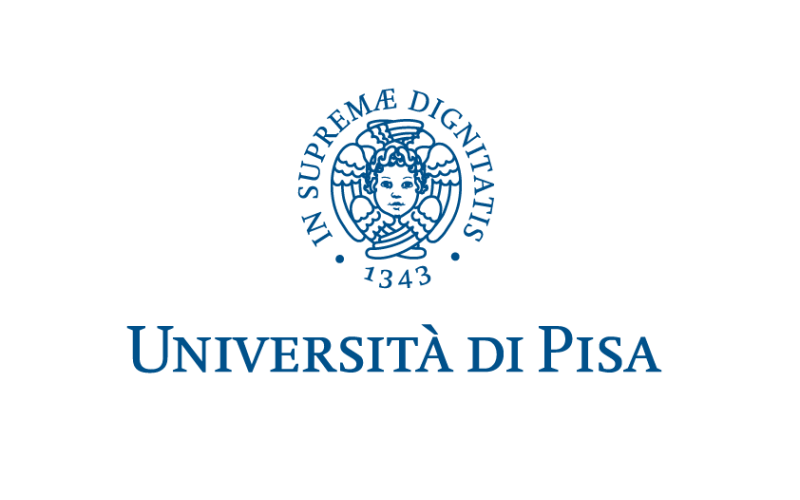
Founded in 1343, the University of Pisa is one of the oldest and most prestigious universities in Europe, boasting illustrious alumni such as Galilei, Volterra and Fermi. In the Nevermind Project, the University of Pisa is represented by the Centro di Ricerca “E. Piaggio” and the Operative Unit of Nephrology, Dialysis and Transplantation.
The Centro di Ricerca “E. Piaggio” was founded in 1962 as an interdisciplinary branch of the Engineering School with the aim of carrying out industry-driven research. Over the years the Center has created a reputation as being a formidable player in leading state-of-the-art research in different fields of Engineering, including Bioengineering.
The Bioengineering group coordinating the Nevermind Project is developing wearable systems that monitor physiological signals and behavioural parameters. The research is focused specifically on statistical and non-linear biomedical signal processing, modelling of cardiovascular and neural systems as well as embedded multi-parametric computing. Results achieved in the recent years have been exploited in the fields of mental health, assessment of autonomic nervous system dynamics, affective computing, disorders of consciousness, computing and computational neuroscience.
The Operative Unit of Nephrology, Dialysis and Transplantation is a highly specialized structure involved in clinical nephrology, the diagnosis and prevention of chronic kidney disease prevention, and the treatment of kidney stones. It is home to the School of Specialization in Nephrology and acts as Regional Coordinator for rare diseases of nephrological interest. History was made when they performed the first kidney transplant in 1972, followed shortly thereafter with the first “cross kidney transplant.” It has recently become the first Italian kidney transplant center that uses living donors. The availability of donors influences the number of transplants; nevertheless the Operative Unit has reached an average of circa 100 transplants per year over the past 10 years.